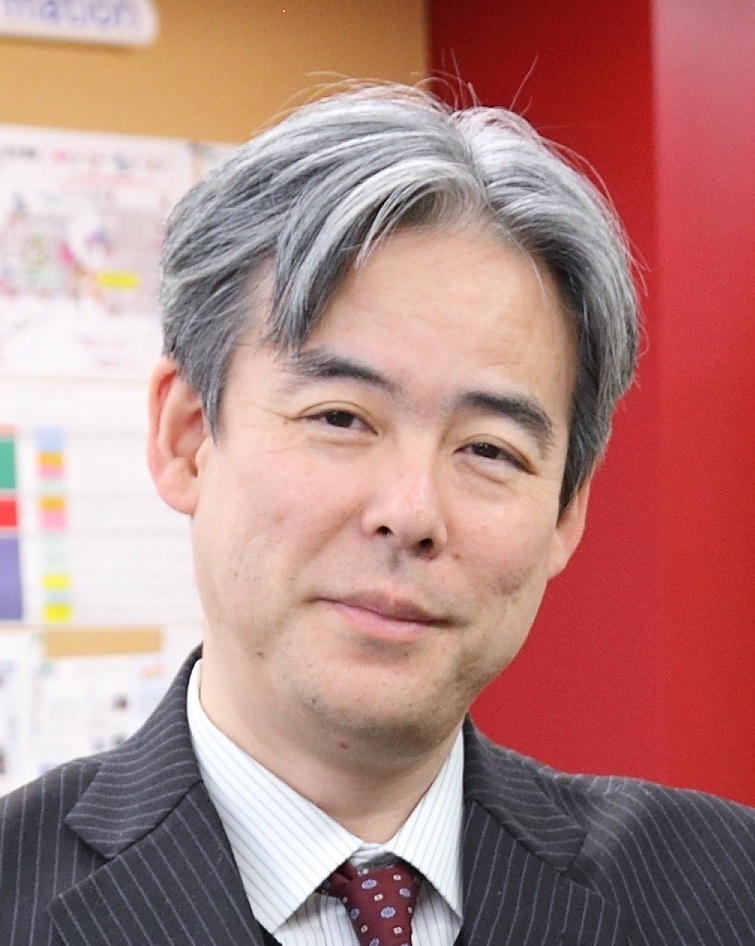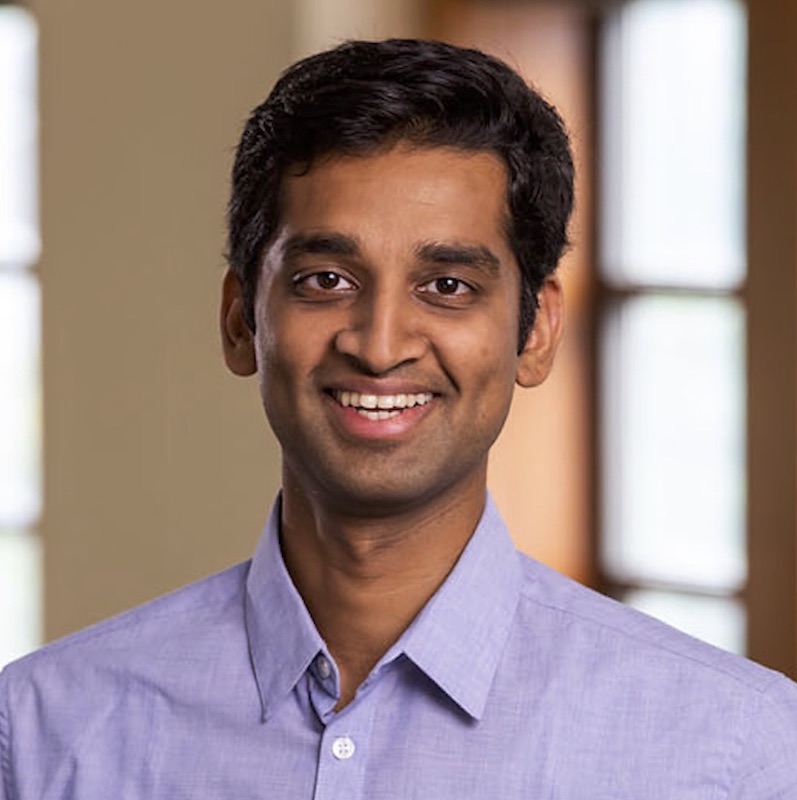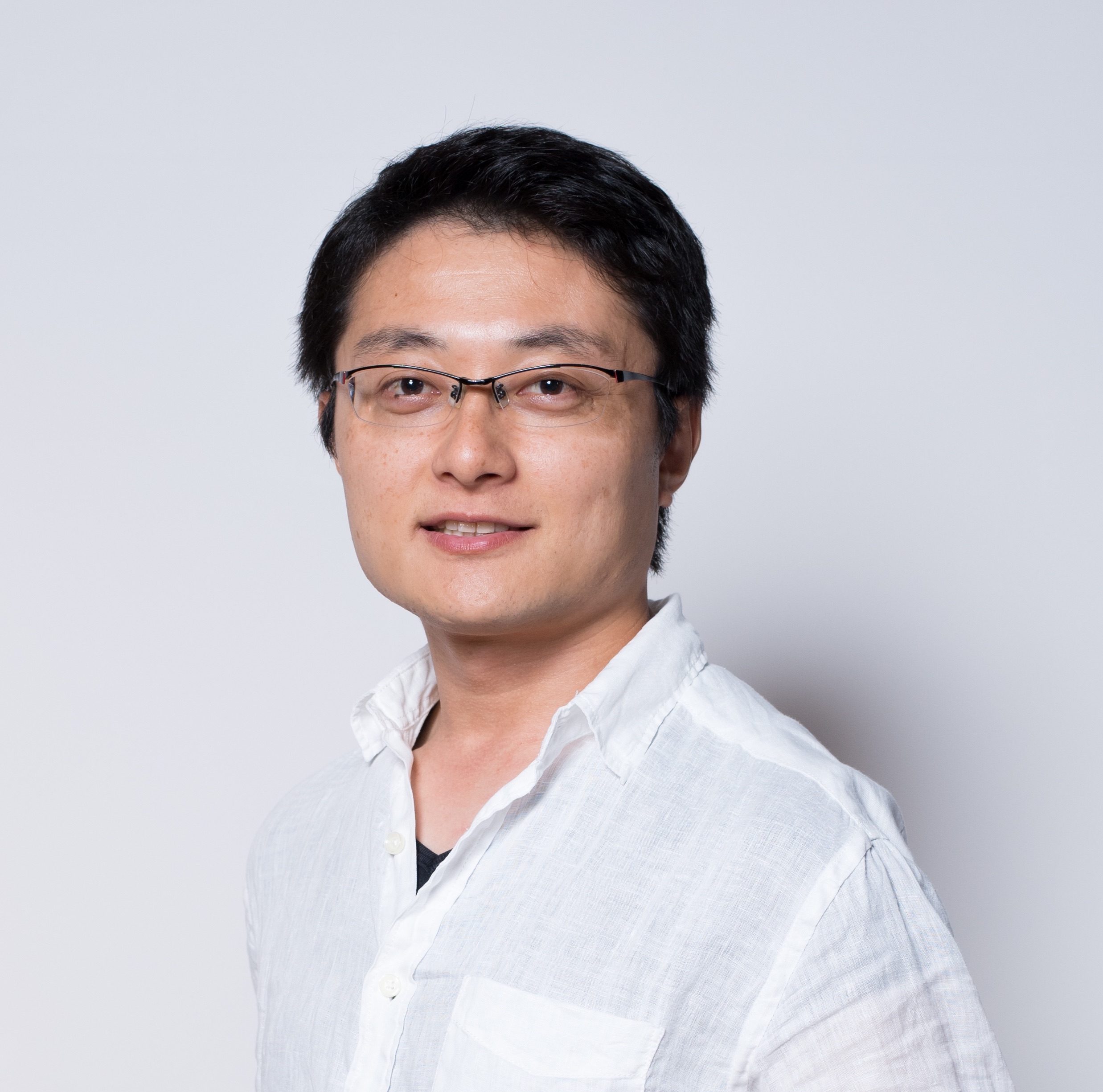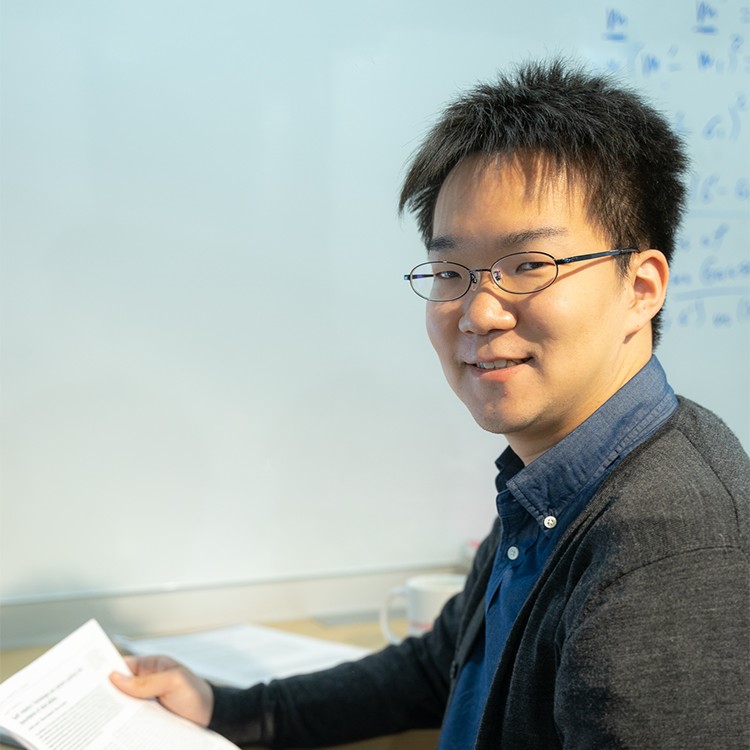Speakers
 |
Sergey Levine Assistant Professor, UC Berkeley, EECS Sergey Levine received a BS and MS in Computer Science from Stanford University in 2009, and a Ph.D. in Computer Science from Stanford University in 2014. He joined the faculty of the Department of Electrical Engineering and Computer Sciences at UC Berkeley in fall 2016. His work focuses on machine learning for decision making and control, with an emphasis on deep learning and reinforcement learning algorithms. Applications of his work include autonomous robots and vehicles, as well as computer vision and graphics. His research includes developing algorithms for end-to-end training of deep neural network policies that combine perception and control, scalable algorithms for inverse reinforcement learning, deep reinforcement learning algorithms, and more. |
 |
Tetsuya Ogata Waseda University Tetsuya Ogata received the M.S., and D.E. degrees from Waseda University, in 1995, and 2000. He was a Research Associate with Waseda University, a Research Scientist with the RIKEN Brain Science Institute, an Associate Professor with Kyoto University, and currently a Professor with the Faculty of Science and Engineering, Waseda University from 2012. He is currently a Joint-Appointed Research Fellow with the Artificial Intelligence Research Center, AIST Japan from 2017, and is the Director of Institute of AI & Robotics at Waseda University from 2020. He received the IBM faculty award 2017. |
 |
Karthik Narasimhan Assistant Professor, Computer Science, Princeton NLP Karthik Narasimhan is an assistant professor in the Computer Science department at Princeton University. His research spans the areas of natural language processing and reinforcement learning, with a view towards building intelligent agents that learn to operate in the world through both their own experience and existing human knowledge (ex. text). Karthik received his PhD from MIT in 2017, and spent a year as a visiting research scientist at OpenAI prior to joining Princeton. His work has received a best paper award at EMNLP 2016 and an honorable mention for best paper at EMNLP 2015. |
 |
Alexander Gray IBM Research Alexander Gray serves as VP of Foundations of AI at IBM, and currently leads IBM’s Neuro-Symbolic AI Theme (distinct from the work in the MIT-IBM Lab). He received AB degrees in Applied Mathematics and Computer Science from UC Berkeley and a PhD in Computer Science from Carnegie Mellon University. BeforeIBM he worked at NASA, served as a tenured Associate Professor at the Georgia Institute of Technology, and co-founded and sold an AI startup in Silicon Valley. His work on machine learning, statistics, and algorithms for massive datasets, predating the movement of "big data" in industry, has been honored with a number of research awards including the NSF CAREER Award, multiple best paper awards, selection as a National Academy of Sciences Kavli Scholar, and service as a member of the 2010 National Academy of Sciences Committee on the Analysis of Massive Data. His current interests generally revolve around the injection of non-mainstream ideas into ML/AI to attempt to break through long-standing bottlenecks of the field. |
 |
Yoshihisa Ijiri OMRON SINICX Corp. Yoshihisa Ijiri received his BE and ME degree from Kyoto Institute of Technology, and also Ph.D. degree from Nagoya University, Japan, in 2000, 2002, and 2012, respectively. From 2002, he has been working for OMRON, and in 2018 he jointly launched and moved to OMRON SINIC X. He is now leading the company as a research organizer. His research interests include computer vision, machine learning, robotic manipulation, and soft robotics. |
 |
Masashi Hamaya OMRON SINICX Corp. Masashi Hamaya received his Ph.D. degree in Engineering from Osaka University in 2019. 2014-2019, Intern student at Department of Brain Robot Interface in ATR Computational Neuroscience Laboratories. 2017 Jul.-2017 Sep., Visiting scholar in Robotics Institute at Carnegie Mellon University. From 2019, he is a senior researcher in Robotics Group at OMRON SINIC X Corp. His research focuses on learning control for soft robots in industrial applications using sample-efficient reinforcement learning approaches. |
 |
Michiaki Tatsubori IBM Research Dr. Michiaki (Mich) Tatsubori leads the Embodied Learning group. After receiving his PhD from University of Tsukuba, he joined the lab in 2002 to work on Web technologies. In 2013, he moved to Nairobi, Kenya, with his family to work at the newly launched lab of IBM Research - Africa. There, he led software development in research projects such as in-car smartphone-based traffic/road analysis. By using data from smartphones embodied in garbage collection vehicles, the team obtained a map that showed road distress in the city, individual driving quality, and even information on moving obstacles such as carts and animals. He returned to Tokyo in 2017 to enjoy the Rugby World Cup and Olympics. He has been involved with embodied AI and its applications in robotics, visions, planning, and conversations. He is a certified referee of Mini Rugby. |